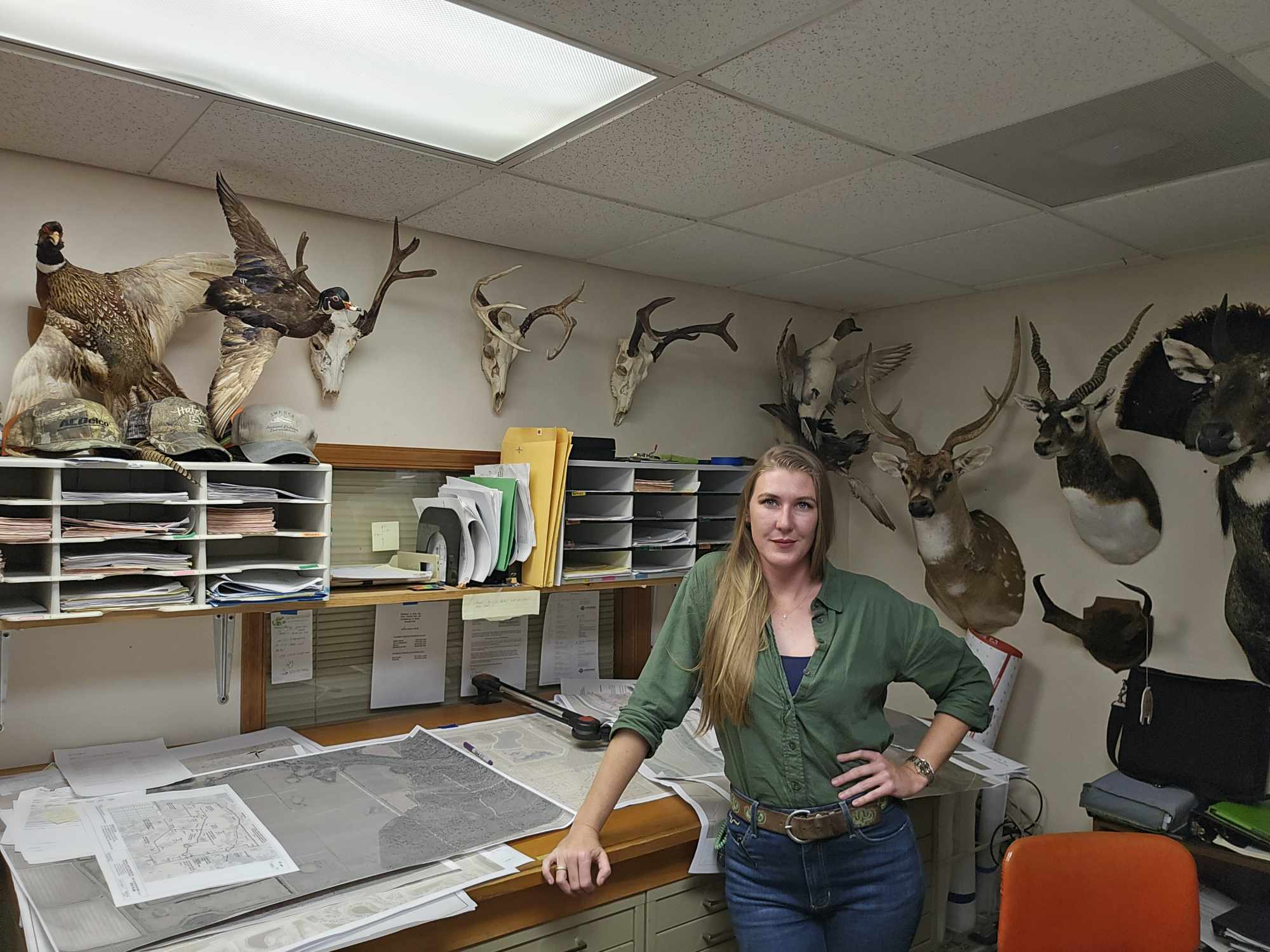Today’s agricultural industry looks remarkably different from fifty years ago. From an outside perspective, it can be hard to appreciate all the changes in farming practice that new innovations have yielded. After all, most consumers don’t think about the processes behind the produce they’re buying for dinner. But early career agricultural professionals are entering an industry that’s more knowledge-intensive than ever before. For them, developing technical expertise is the key to becoming successful consultants and practitioners. By equipping themselves with a broad base of specialized knowledge, they can help farmers make more effective decisions – and prove their competency in a rapidly-evolving field..
The decisions farmers make are vitally important in a world in which so much depends on agriculture. New technological innovations are helping farmers across the globe increase their production capacity, which goes a long way towards feeding a growing population. Tech-savvy agricultural professionals are also at the forefront of creating more environmentally sustainable farming practices, and many agricultural education programs are now teaching agriculture, technology, and sustainability together.
Purdue University’s Agronomy E-Learning Academy aims to equip agricultural professionals with the broad base of technical knowledge they need to forge impactful careers in the agricultural industry. The three-course, online series covers topics in agronomy fundamentals, nutrient management, and precision agriculture – core career skills in the modern agricultural industry.
"As input prices continue to rise with world population, it becomes increasingly important that growers take advantage of the technological advances precision agriculture offers to maximize production and efficiency while minimizing cost and labor intensity,” said Sue Bennett, Purdue’s Agronomy e-Learning Project Manager.
The Modern Agricultural Industry
For much of human history, agricultural development was defined by new mechanical tools – implements such as the steel plow, the cotton gin, and, more recently, pesticides and hybrid seeds – revolutionized farming practices after their invention. However, in the last few decades, agriculture has been increasingly defined by new digital tools. Farming technology has advanced rapidly, and many agricultural professionals are now in the business of monitoring data as well as crops.
Precision agriculture is poised to transform how we farm. Precision agriculture involves gathering, processing, and analyzing various data points to optimize crop and nutrient management. By utilizing predictive technologies, agricultural professionals can more efficiently manage soil quality, crop output, and other factors. In turn, these practices can help increase crop production and improve the environmental sustainability of farms.
According to a 2019 report from the United States Department of Agriculture (USDA), precision agriculture technologies offer many benefits to farmers and other agricultural professionals. Through precision farming, farmers can make more customized land management decisions and manage their outputs foot-by-foot rather than field-by-field. The USDA estimated that between 15-40% of U.S. farms are currently using precision agriculture technology and that the number of farmers using these technologies will continue to grow.
Because precision agriculture is on the rise, new sensors and analysis tools are a fixture on many modern farms and an integral part of the industry at large. According to the World Economic Forum, the tech industry and the farming industry have never been more intertwined. Farmers increasingly blend traditional farming methods with computerized methods that can collect data and make smarter predictions.
"Modern agricultural professionals need to master a diverse set of skills to be successful,” said Bruce Erickson, education distance and outreach director in Purdue’s Department of Agronomy. “They have to understand everything from farming’s foundations to how technology is moving the field forward."
Purdue’s E-Learning Academy – Merging Agronomy and Innovative Technology
Purdue’s Agronomy E-Learning Academy was designed to reflect the technical demands of the modern agricultural industry and prepare students for knowledge-intensive jobs in the field. By equipping them with both foundational skills and technical expertise, the e-learning courses empower agricultural professionals to work effectively with farmers, make informed decisions, and succeed at adapting to and understanding new technological innovations. All courses are offered remotely and open to students from anywhere in the world.
The first course in the three-course series, Agronomy Essentials, provides a comprehensive foundation in agronomy that is useful for professionals in all areas of agriculture. There are two versions of the Agronomy Essentials course – one that focuses on U.S.-based agriculture and one that focuses on Europe-based agriculture. The second course, Nutrient Management, covers issues in soil fertility and nutrient management, including how soil health relates to water quality and environmental outcomes. The third course, Precision Agriculture, explains the science of site-specific farming and how data technology can be applied in the agricultural sphere. Each course lasts for 12 weeks and is led by an industry expert.
"In terms of accessible professional development opportunity, the Agronomy e-Learning program offers flexibility to meet anyone’s schedule,” Bennett said. “The information in these courses is essential for growers and agricultural professionals."
Students can take the courses individually according to their career needs or complete all three courses to earn a Crop Professional Certificate. The certificate gives graduates the opportunity to highlight their technical expertise to potential employers and colleagues.
To learn more about Purdue’s Agronomy E-Learning Academy courses, please visit the program’s webpage.
"We foresee only increases in the knowledge and skills that agriculture professionals will need,” said Erickson. “Future development will be exciting, and we here at Purdue want to help everyone be on board and ready."





